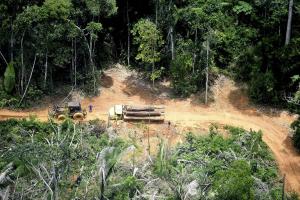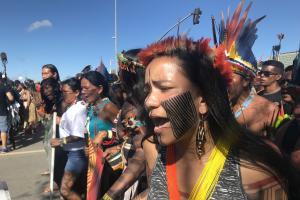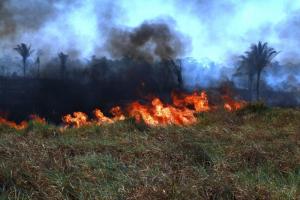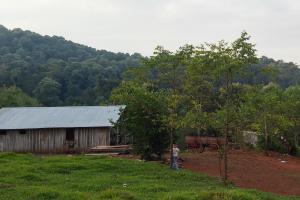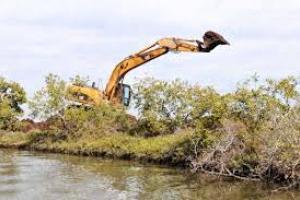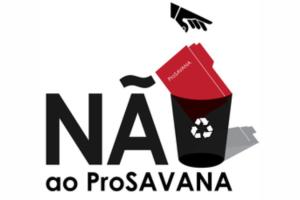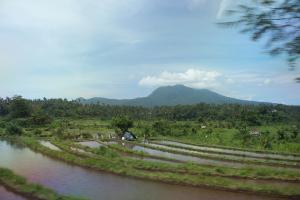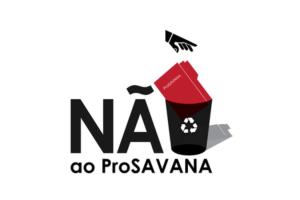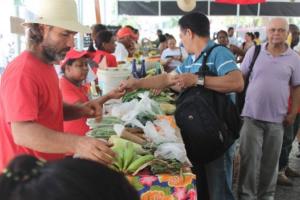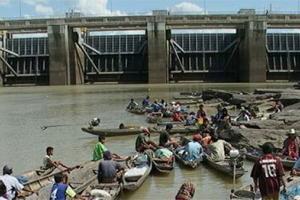Agribusiness
Export-oriented industrial agriculture of a few globally traded commodities (like soy, maize and rice), as well as meat production, destroy forests, the diversity of seeds and small-scale farming systems. They also uproot established land use patterns and threaten food sovereignty.
We invite organizations from Brazil, and also from other countries, to sign-on this letter -until September 21st- to strengthen our struggle and resistance against the impacts of corporations in our territories.
From its first day in office, the government led by Jair Bolsonaro has been trying to undermine the constitutional rights of Indigenous Peoples and quilombola communities in Brazil. WRM spoke with the organization CIMI in the Western Amazon.
While it was easy to see the smoke from the forest fires in Brazil, it was much harder to see what was behind the Brazilian government’s smokescreen: actions that will lead the rainforest to a swift death, destroying territories, livelihoods and the diverse cultures.
An inteview with Winnie Overbeek, the International Coodinator of the WRM, about the causes and the impacts of the deforestation in the Amazon.
It should be clear for society that this is not an isolated phenomenon. In fact, it is the result of a series of actions taken by agribusinesses and big miners.
While the destruction of forest territories continues, more pledges, agreements and programs are being implemented in the name of ‘addressing deforestation and climate change’.
Blue Carbon (or Blue REDD+) appeared as a new carbon offset scheme between emissions and carbon absorption in coastal territories. However, organizations in Indonesia warn that the initiative is a strategy to change the coastal and marine territories into tradable assets .
Systems of community organization rooted in sacred beliefs and concepts guide relations in Bali, Indonesia, and help defy agribusiness and mega-tourism.

